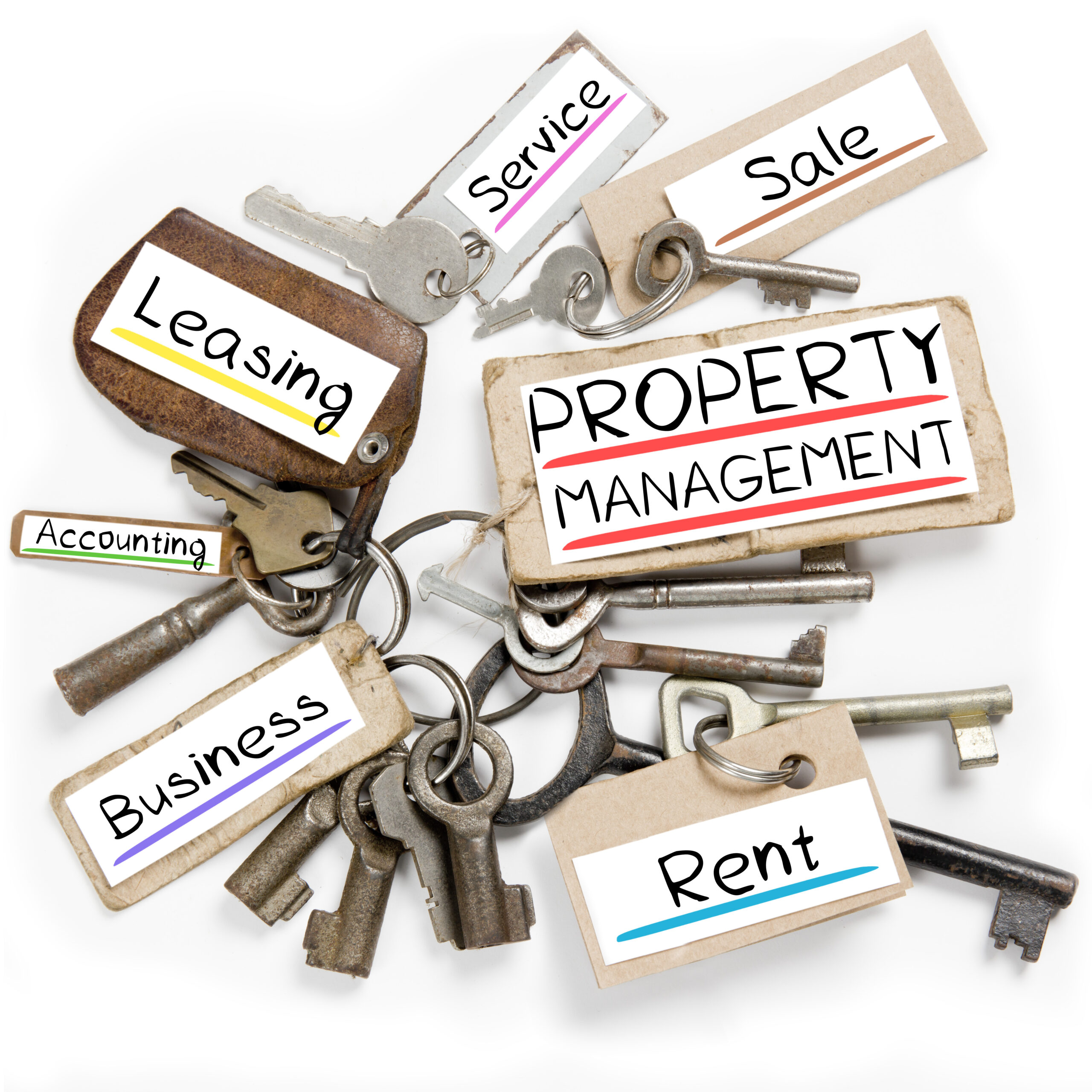Owning and operating a commercial property has its share of responsibilities and challenges. Among them, securing the right insurance coverage to protect your investment is crucial. So, after a loss and when it comes to filing a commercial property insurance claim, it’s understandable that, as the owner or manager, you would want to ensure the claim is handled correctly. With your financial interest in the property, understanding of the business, and knowledge of the day-to-day operations, it makes sense that you are the most qualified. Unfortunately, however, property owners often make costly mistakes by handling their insurance claims themselves. With their extreme closeness to the claim, it is often a good idea to seek professional representation for many reasons, but here are a few.
Policies and Regulations
Commercial property insurance policies are typically incredibly complex. They often include a range of coverages, conditions, and exclusions that may be difficult to decipher without the expertise on properly applying the coverage from an insurance professional. Commercial property owners who attempt to handle their claims themselves may struggle to navigate the intricate web of regulations, coverage limits, and policy conditions, leading to potential mistakes that can significantly impact the outcome of the claim.
Underestimating the Value of Property and Losses
Determining the value of your property and losses can be a challenge. Underestimating the value of the property or the extent of the loss can result in an insufficient settlement, leaving you with a significant financial burden. Insurance adjusters and professionals are skilled at assessing and documenting the actual value of the damage, ensuring you receive the accurate compensation you’re entitled to.
Misinterpretation of Policy Language
Insurance policies are filled with legal jargon and specific terms that may not be easily understood by the average person. Misinterpreting the language or overlooking certain clauses can lead to claim denials or a reduction in accurate payouts. Experienced insurance professionals are well-versed in the language and terminology used in property insurance policies, ensuring that claims are handled correctly and in compliance with the terms of the policy.
Inadequate Documentation
When filing a commercial property insurance claim, thorough documentation of the damage is essential. Remember, it is your responsibility to prove the damage, not the insurance company’s. Proper documentation includes photographs, estimates, repair invoices, and any other supporting evidence to substantiate your claim. Property owners who handle their claims may miss crucial details or fail to provide the necessary documentation, resulting in delays or denials.
Time-Consuming Process
Handling an insurance claim can be an incredibly time-consuming and tedious process. As a property owner or manager, you have your own business operations to manage, and trying to navigate the complexities of a claim can divert attention away from your core responsibilities. This can lead to operation disruptions and, in some cases, revenue loss.
Missed Deadlines
Commercial property insurance policies typically have strict deadlines for claims reporting and document submissions. Missing these deadlines can result in claim denial or delays in receiving compensation. Insurance professionals are well aware of these deadlines and can ensure that your claim is filed and managed within the required timeframes.
While it might be tempting to save money by handling your commercial property insurance claim yourself, the potential for costly mistakes is significant. The intricacies of insurance policies, the complexity of the claims process, and the potential financial consequences truly make professional assistance invaluable. Property owners and managers should consider consulting with a public adjuster or an experienced attorney specializing in insurance claims to ensure that they receive the compensation they are entitled to and avoid the costly mistake of handling the claim alone. By doing this, you can protect your investment, reduce stress, and ensure your property is restored to its previous state as efficiently as possible.







